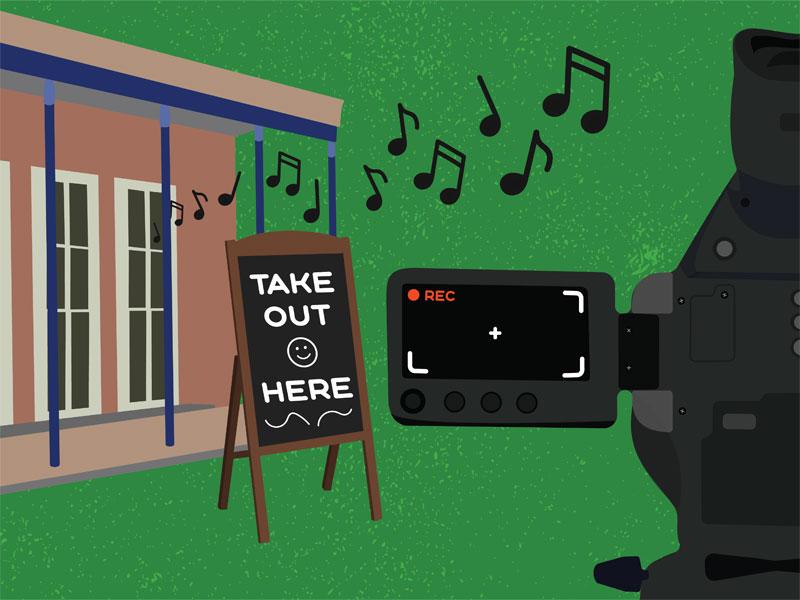Tulane School of Liberal Arts transforms COVID-19 into class act
As COVID-19 went from a few cases to a crisis, forcing universities across the country to send students home in March to learn remotely, Vicki Mayer, associate dean of academic initiatives and curriculum with the Tulane University School of Liberal Arts, wanted to use the virus as a learning experience for liberal arts students.
With summer school also being conducted remotely, she teamed up with other faculty members to develop a curriculum that would serve two purposes — to expose students to careers in industries that have been reshaped by global crises and to build students’ fluency in the interdisciplinary field of science and technology.
“The theme of the program addresses the urgency of the present moment,” Mayer said. “These are courses that will help students address current crises in new and surprising ways.”
Mayer developed the curriculum with a team of interdisciplinary faculty, and the results of their work are two clusters of courses — “Contagions, Virality and Disease” and “Creative Industries Through Crises.”
The contagions cluster features courses that span liberal arts disciplines and aim to address the COVID-19 crisis through history, literature, media and cultural expression.
“Contagious Surveillance,” for example, introduces students to the interdisciplinary theories of surveillance studies such as discipline, control, capitalism, media and data privacy during times of crisis as it relates to race, gender and inclusion. “Race, Nature and Biological Disaster” investigates how certain populations within and outside the United States have become disproportionately vulnerable to wide-scale disaster. “Cinematic Dis/Ease” explores the origins, spread and resolution of public health crisis through the “disaster movie” genre.
Classes in the “Creative Industries Through Crisis” cluster include nonprofit development, museum curation and digital entrepreneurship. A course called “Keeping the Groove” is centered around the music industry and teaches students how to host livestreams from their homes and create virtual festivals and crowdfunding recording projects.
“All of the courses are full,” Mayer said. “Students seem to be thrilled that we put this together as program.
Among those students are Forbs West, a music business and mathematics major from Los Angeles. He said “Keeping the Groove,” taught by Bill Taylor, president of the Trombone Shorty Foundation, was one of the best classes he’s taken in his 3½ years at Tulane.
“It was an eye-opening experience,” he said. “It was so interactive being able to create a group project with my peers and learn about different nonprofit music industry organizations in the NOLA community,” he said. “And it was fascinating and engaging to learn about the New Orleans community through lectures about music industry professionals that are working either in the commercial or nonprofit settings and how it relates to the pandemic.”

